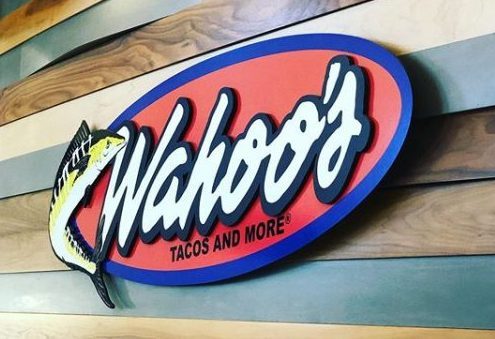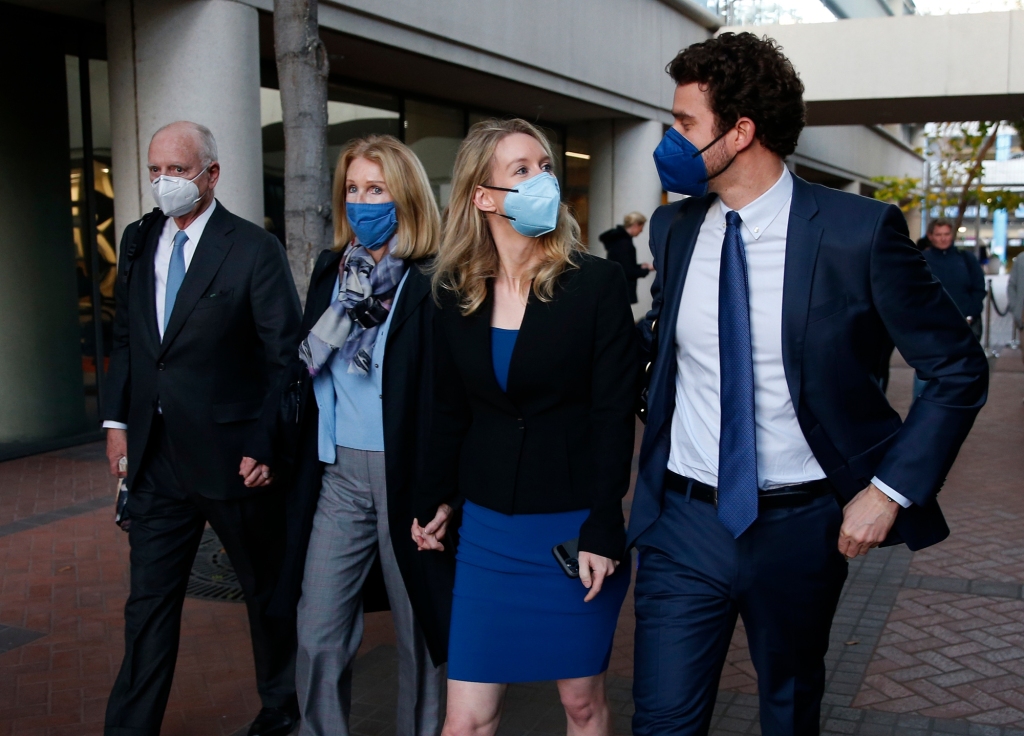Coronavirus-related business limitations have forced 12 of 49 Wahoo’s Fish Taco restaurants to temporarily close.
The iconic Mexican fast-food chain with a surf-culture theme is still serving meals for take-out and delivery at 37 locations still operating. But Wing Lam, co-founder of the 32-year old chain based in Tustin, says it’s a daily struggle for every restaurant operator.
“It’s super sad, oh my God,” he says.
Wahoo’s closings reflect the broad challenges facing the restaurant industry walloped by virus-containment orders. Hurdles include bans on sit-down service to stay-at-home orders, which are cutting into service from lunch to dinner and hurting weekend sales. Many workers also are at home with children out of school.
Wahoo’s has temporarily closed locations at the mega-mall South Coast Plaza; the empty sports arenas Honda Center and Staples Center; the low-traffic Ontario airport where food offerings have been scaled back; college campuses without students at UC Irvine and UC Santa Barbara; and in economically devastated Las Vegas, where the chain closed two of five restaurants).
Some of Wahoo’s closings were simply due to slow business in Marina del Rey, Santa Monica and at Irvine Spectrum Center. The company also closed an international eatery in Japan.
“You hate to close stores, but there’s nobody around,” Lam says.
It’s not like the open restaurants are doing well either, Lam admits. Sales run roughly one-quarter of what they once were, generating only enough cash to pay for labor and food costs. He hopes that landlords, who are currently deferring rent payments, understand they must share some restaurant losses in order for the industry to recover once the crisis ends.
“If we had to pay rent, we’d have to shut down,” Lam says.
Lam says he finds some hope in innovation he sees around the restaurant industry — from eateries offering to-go family-style meals to others helping the public stock up their pantries and refrigerators.
Wahoo’s has found partners to help it get food to workers on the front lines of the virus battle, from medical professionals to food bank workers.
“Nobody is making money; we are all scrambling,” he says.










